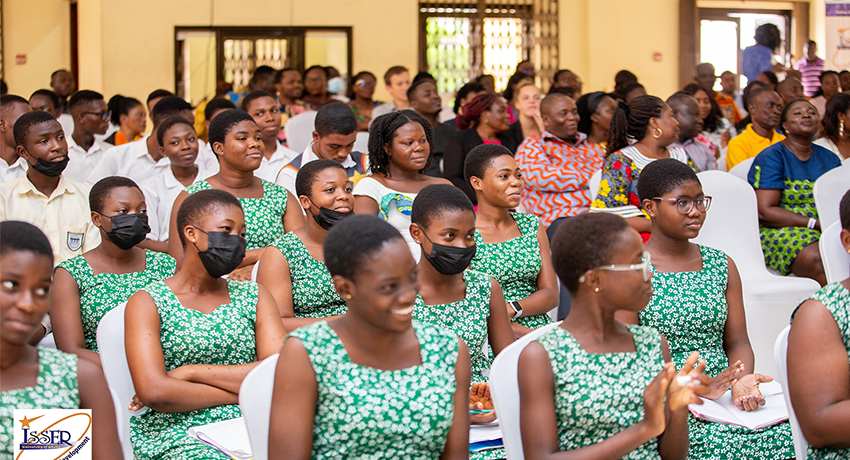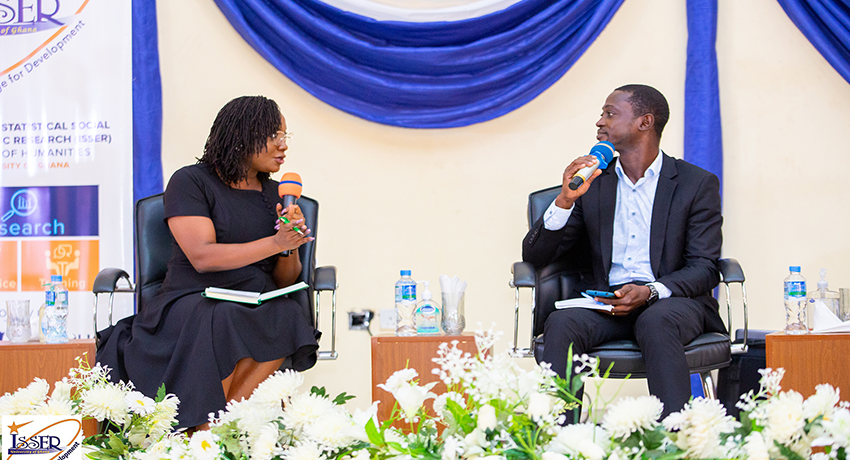Teenage pregnancy prevention is fundamental to building a healthy, highly educated, happier, and more equitable society. This requires deliberate and consistent investment in reproductive health education, responsible parenting, family life education, and the involvement of everyone.
This was the key message from the development dialogue on the topic of teenage pregnancy and school enrollment organised by the Institute of Statistical, Social and Economic Research (ISSER). It was led by the Social Division, one of the three divisions of the Institute that focuses on understanding people and society, identifying social problems, and promoting solutions to enhance societal welfare.
Dr. Martha Awo, the Head of the Social Division, in sharing the motivation for the choice of topic, said adolescent pregnancies continue to be a serious public health concern in developing countries including Ghana. The dialogue was thus aimed at understanding the state of teenage pregnancy in Ghana and outlining recommendations to strengthen the capacity of policymakers and other stakeholder groups in tackling it.
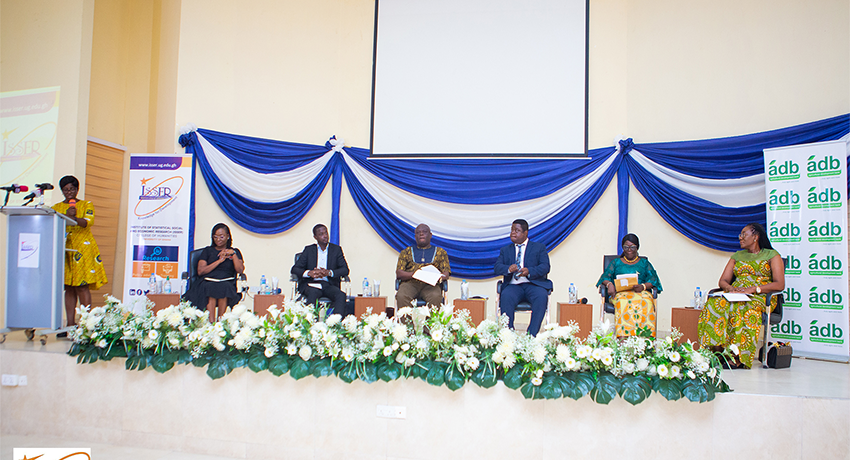
ISSER Director Prof. Peter Quartey concurred that the topic is pertinent and timely, saying it “…has a direct impact on young people, the family, and society as a whole.”
“It [teenage pregnancy] is even more pronounced when times are difficult,” he added, referring to socioeconomic challenges currently facing the nation and their potential to worsen poverty levels, a situation that puts some adolescent girls at risk of teenage pregnancy.
The well-attended event featured presentations by subject matter experts and open discussions involving participants, which included students from Achimota School and the West Africa Senior High School, as well as public, non-profit, academic, and corporate stakeholder groups.
The four-member panel of speakers included Dr. Abraham Frimpong Baidoo, Programme Officer, Safe Motherhood, Family Health Division, Ghana Health Service (speaking on the sub-theme The state of teenage pregnancy in Ghana), Dr. Madeez Adamu-Issah, Education Specialist, UNICEF Ghana (Teenage pregnancy and school dropout, are we doing enough?), Rev. Prof. Adobea Yaa Owusu, ISSER (Teenage pregnancy: prevention through parent-child discourse, and family-life education in the home), and Dr. Leticia Adelaide Appiah, Executive Director, National Population Council (The implications of teenage pregnancy in education and national development). The discussion was moderated by Mamavi Owusu-Aboagye, a journalist and co-host of Joy FM’s Super Morning Show.
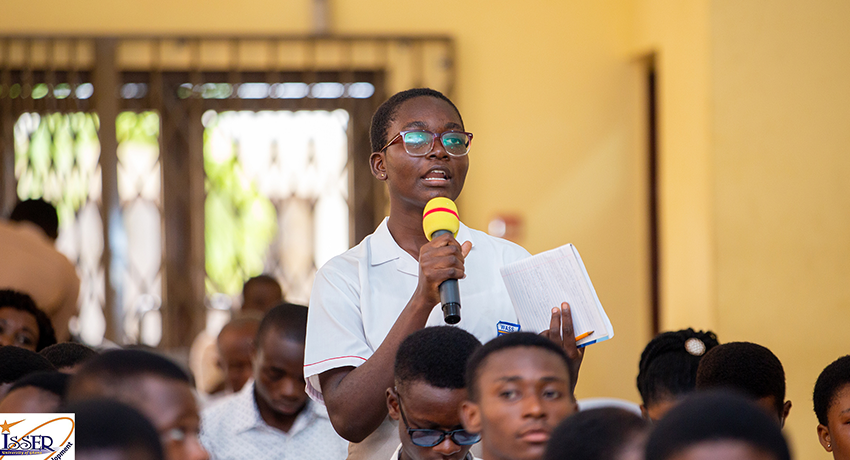
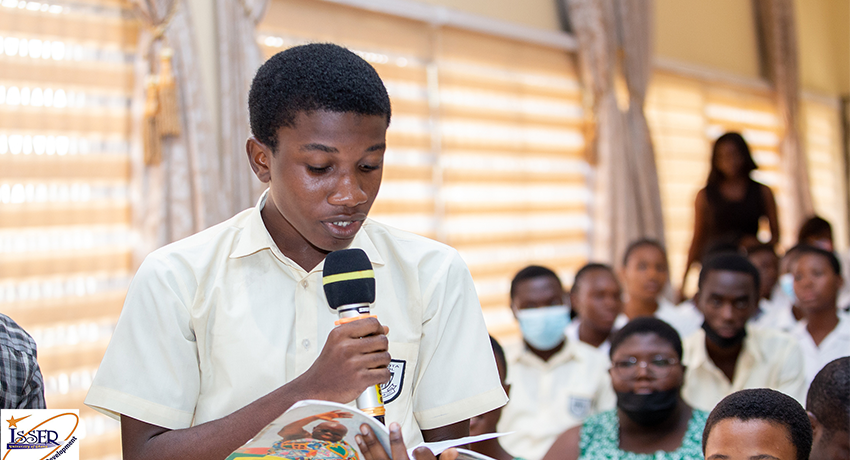
Noting that teenage pregnancy is a pressing public health issue with serious implications for the future of the nation, discussions underlined the need to ramp up prevention efforts and urged the involvement and continued engagement of all people, including parents, the youth, traditional authority, religious leaders, municipal and district assemblies (MDAs) especially the Ministry of Health (MOH), Ministry of Gender, Children and Social Protection (MOGCSP), Ministry of Local Government, Decentralisation and Rural Development (MLGRD), NGOs, academia, researchers, and rights-based campaigners.
Held on February 16, 2023, at the ISSER conference centre, the event provided a credible platform for subject matter experts, the youth, and stakeholder groups from different spheres of society to come together to discuss, outline solutions and commit to action on teenage pregnancy prevention and school enrollment.
As one of the speakers stated, as a country, we stand to benefit from investing in our own future by investing in teenage pregnancy prevention. “We will be removing the greatest barrier to education, and improving school enrollment that generates the skills desperately needed for sustainable development.”
Below are selected online media reports drawing on discussions:
Watch a recording of the event here.
Photos
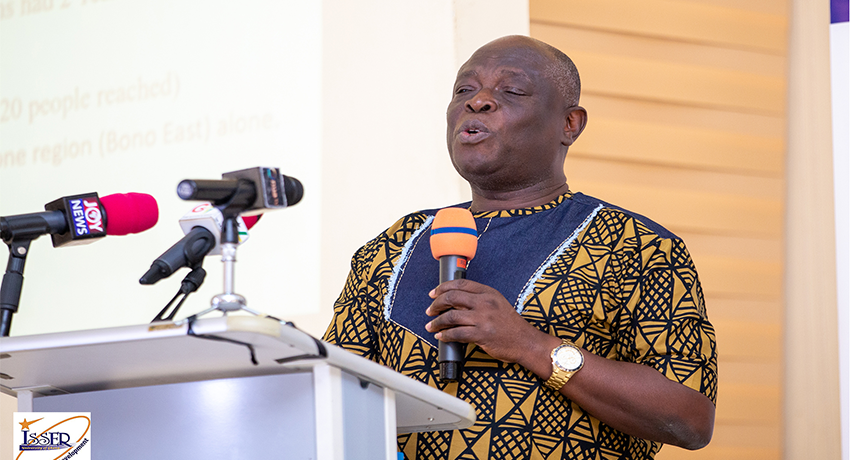
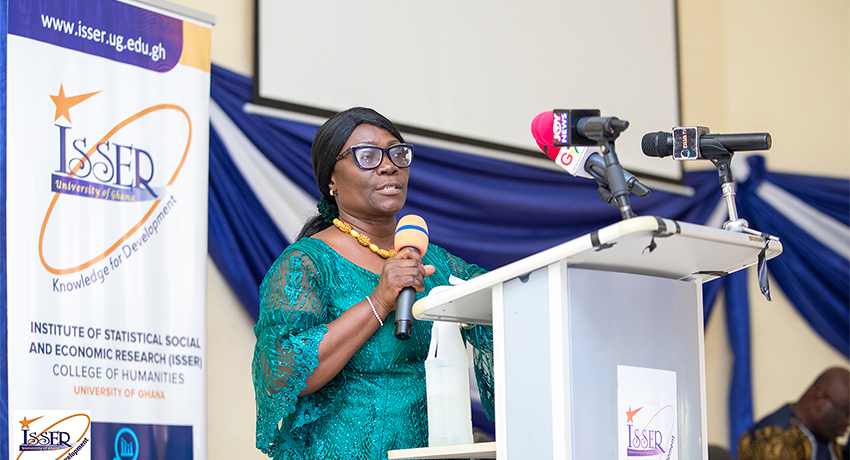
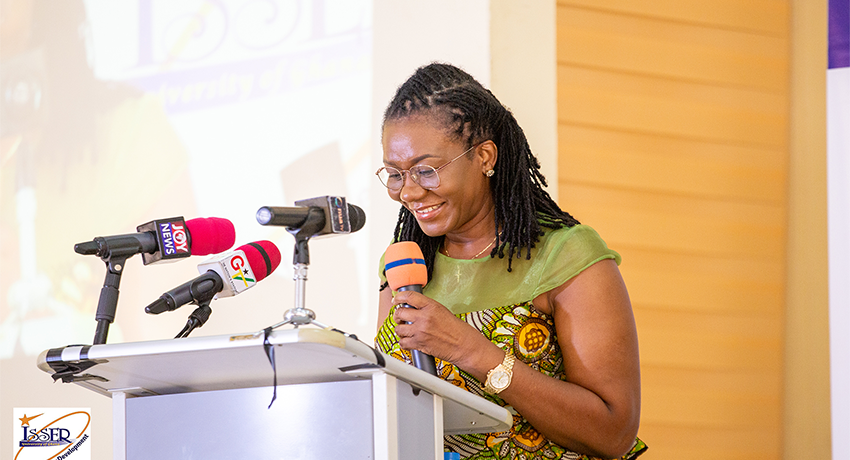
- Log in to post comments

